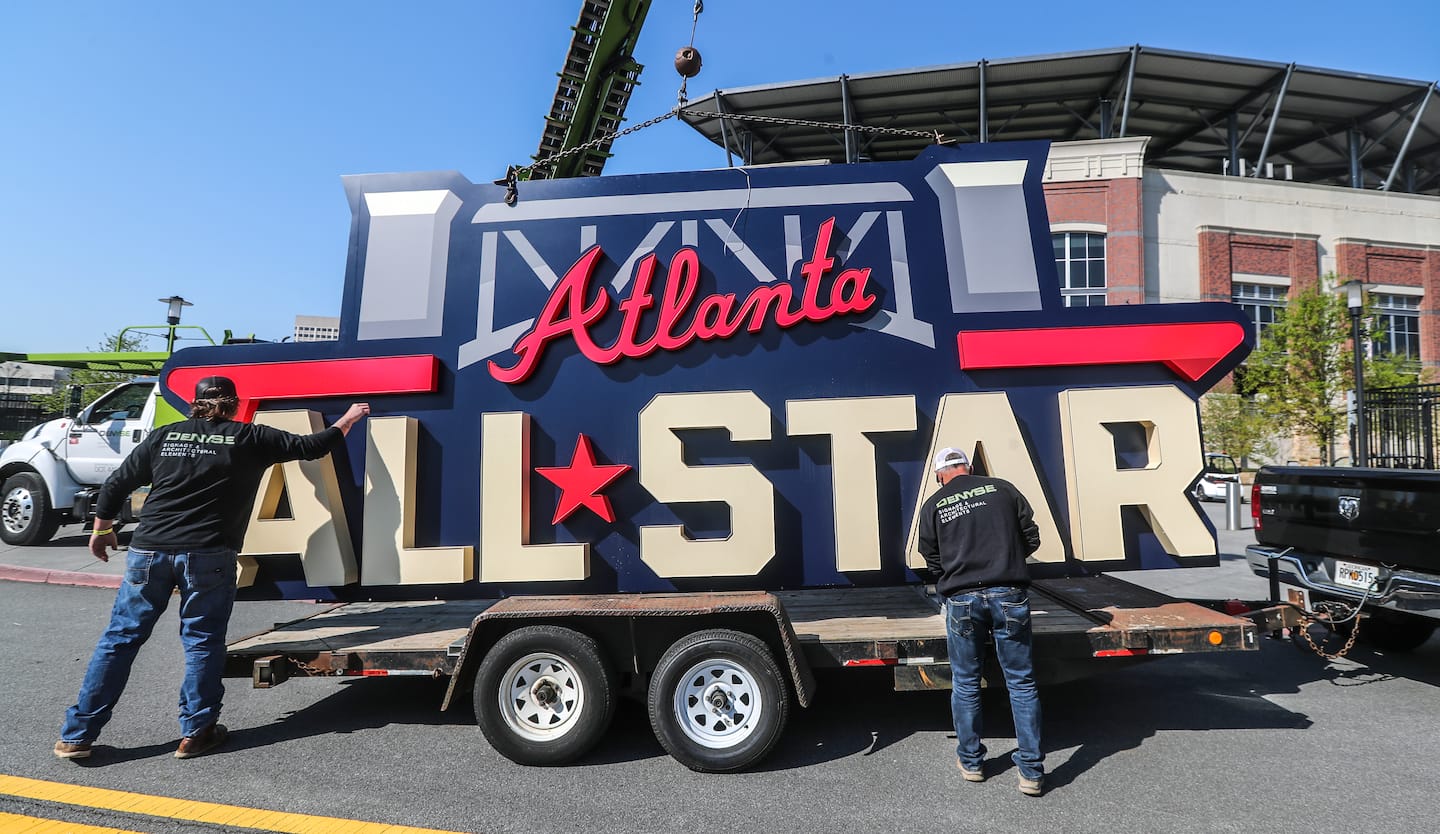When Biden targeted the All-Star Game, he hit the wrong Georgia

More specifically, the president targeted Cobb County, home of the Atlanta Braves’ Truist Park, which had long been a GOP bastion before finally tipping Democratic in 2016 and then giving Biden a 56,000-vote margin in 2020. Kudos to the political wizards who helped him think that one through.
Georgia has been undergoing an almost biological cellular division for nearly a half-century now. With every passing year, Metro Atlanta and the rest of the state have drifted further and further apart in just about every measurable way — including economics, educational attainment and population health.
And politics. Metropolitan Atlanta’s legislative districts are mostly deep blue; rural Georgia’s, almost entirely bright red. It plainly escaped the attention of the White House and MLB that the sponsors of SB 202 hail not from Atlanta, but from such far-flung rural areas as Sylvania, Ocilla and Vidalia.
Instead, in response to the national furor over the Georgia law, the White House took aim at an obvious target — the All-Star Game — and managed to turn some of its most prized new political precincts into collateral damage. A Cobb County tourism executive put the damage at more than $100 million.
One sad lesson to be taken from this episode is that it’s another manifestation of both the extent and the consequence of the political, economic and social polarization in Georgia and nationally. The truth is, a $100 million blow to Metro Atlanta’s economy was a small price for the legislation’s rural sponsors to pay to satisfy Republican voters who still believe their own party’s officials stole the presidential election from President Donald Trump and handed it to Biden.
Arguably, it’s no price at all. State Sen. Max Burns, who chairs the Senate Ethics Committee that produced the final version of S.B. 202 and is listed as its No. 1 sponsor, hails from Sylvania, Ga., which is more than 200 miles from Truist Park. It’s doubtful he or his constituents will suffer economically because the All-Star Game will now be played in Denver — at least not immediately.
But what goes around has a way of coming around. Consider that this week the world’s premier golfers are gathering at Augusta National for the 2021 Masters tournament. Biden might have missed an opportunity to direct his irritation at the Masters and challenge the golfers and their sponsors to think about whether they really want to lend their names and reputations to a state that just enacted S.B. 202.
But even without such presidential prodding, it’s a sure bet that well-heeled Georgia business leaders squiring out-of-state prospects around the Masters this week will have to spend some of their time arguing that Georgia isn’t actually run by racists – and that investing in the state is still a good idea.
That may be a tough sell. Even if S.B. 202 were totally benign, intent matters. An early version of the bill was so repellent that the state’s Republican lieutenant governor, Geoff Duncan, refused to preside over the state Senate’s consideration of it.
Add to this the spectacle of a Black female state legislator, who had the temerity to knock on the governor’s door while he was signing the bill, being handcuffed, arrested and hauled away by a pair of state troopers — in full view of multiple cameras. That was pretty much game over.
The damage is now done to Metro Atlanta and Cobb County, but their underlying economies are strong enough that they can weather the hit from not hosting the All-Star Game. For Burns and his Republican colleagues, the question is whether the fallout from S.B. 202 will discourage businesses from locating in their struggling rural districts and cost them even more in the long term.
Read more:






